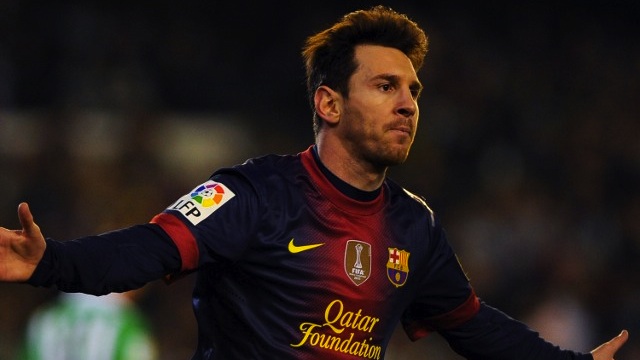SUMMARY
This is AI generated summarization, which may have errors. For context, always refer to the full article.

LONDON, United Kingdom – Barcelona superstar Lionel Messi may owe his trademark feints and body swerves to the fact his brain is busier than that of a less gifted player, according to a study into a footballers’ minds.
Researchers at Britain’s Brunel University found that highly skilled footballers are able to activate more areas of their brain than novices when an opposing player approaches, enabling them to react to their moves more successfully.
Published in the Journal of Sport and Exercise Psychology, the research found that experienced players are able to suppress the urge to react instinctively, making them less likely to fall for opponents’ attempts to trick them.
As part of the study, 39 players ranging from beginners to semi-professionals lay in an MRI brain scanner and watched clips of a junior international-level player running towards them with the ball.
Occasionally, the oncoming player would produce a deceptive maneuver and participants had to decide in which direction they need to move in order to counter.
They were then grouped according to how well they performed in the task, revealing that strong performers were more attuned to the actions and movements of opponents than their less-skilled counterparts.
“Our neuroimaging data clearly shows greater activation of motor and related structures in the brains of expert footballers, compared to novices, when taking part in a football-related anticipation task,” said Daniel Bishop from Brunel University.
“We believe that this greater level of neural activity is something that can be developed through high quality training, so the next step will be to look at how the brain can be trained over time to anticipate the moves of opponents.” – Rappler.com
Add a comment
How does this make you feel?
There are no comments yet. Add your comment to start the conversation.